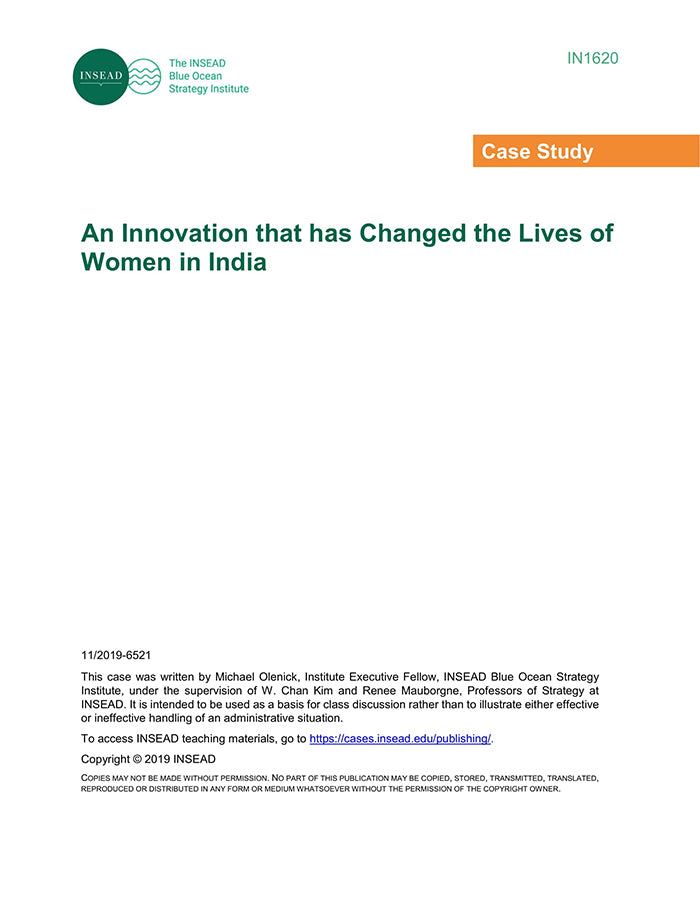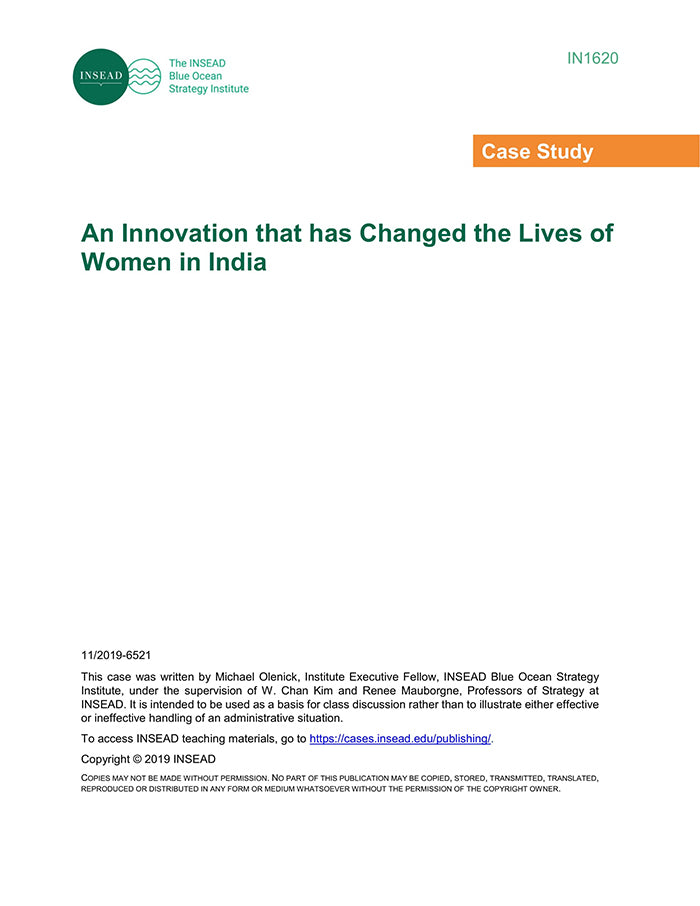An Innovation that has Changed the Lives of Women in India
受取状況を読み込めませんでした
In the year 2000, only 2% of women in India used menstrual hygiene products. Almost a quarter-billion relied on cloth rags and many rural women were banished to a hut during their monthly cycle. In these unsanitary conditions, 62.4% had experienced at least one reproductive tract infection, with the result that teenage hysterectomies were not uncommon. The lack of menstrual products was linked to a high drop-out rate from school, forced teenage marriage, teenage pregnancy, illiteracy and often a lifetime of subservience. Yet despite the severity of the problem, taboo kept it largely hidden. Indians did not discuss menstruation. Arunachalam "Arun" Muruganantham changed this by innovating a new business method: micro-factories where women produced and sold sanitary napkins directly to other women. The case discusses how he solved a previously unaddressed problem in a way that created a new market, overcame deep social taboos, challenged centuries-old traditions and bettered women's lives, resulting in the creation of over 3,500 small businesses. It highlights how enterprises can be economically profitable and a force for good. And why, contrary to conventional thinking, innovation does not need to be disruptive but can be based on nondisruptive market creation.
【書誌情報】
ページ数:14ページ
サイズ:A4
商品番号:HBSP-IN1620
発行日:2019/11/29
登録日:2020/1/23


